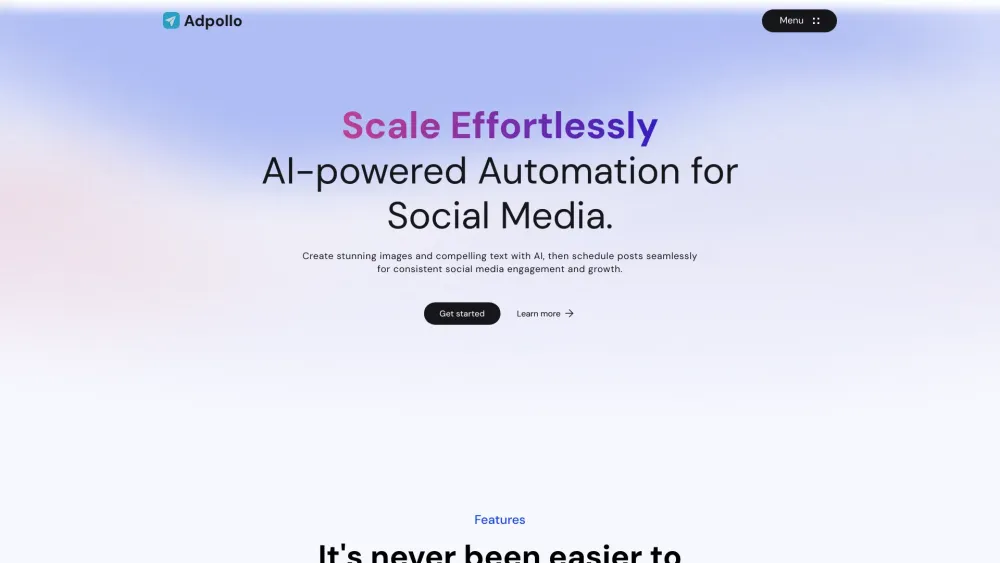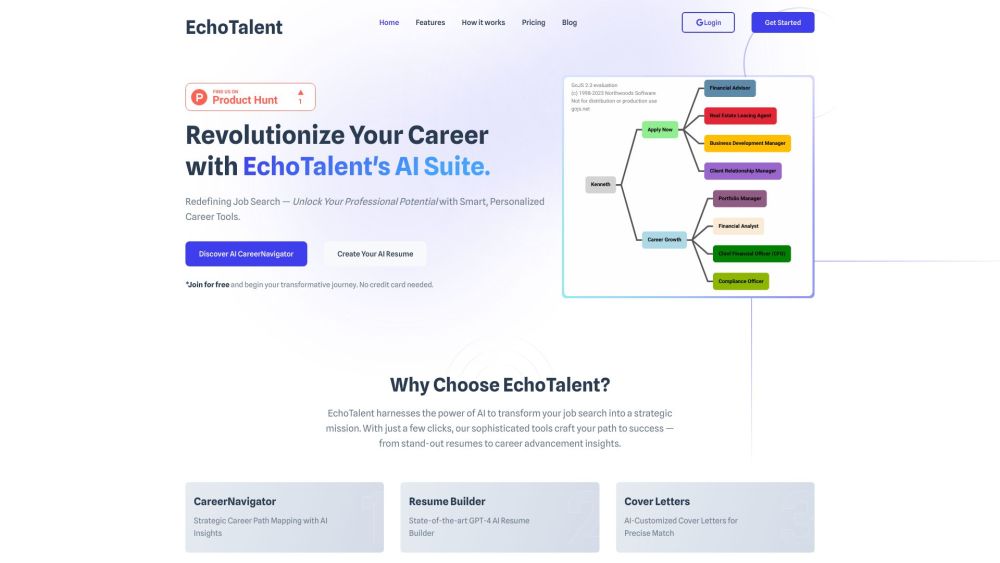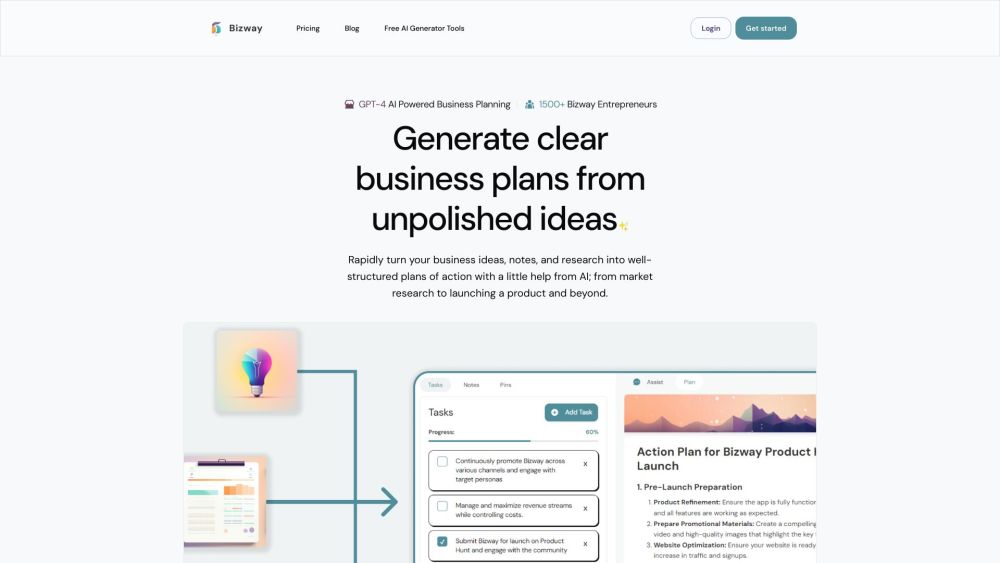The State of Generative AI in 2023: Key Insights from McKinsey
McKinsey has been closely examining the evolution of generative artificial intelligence (AI). Recent reports indicate that nearly half of its global workforce is engaged with this technology. This trend mirrors a broader phenomenon, as many organizations witness rapid generative AI adoption. McKinsey's annual report from its AI division, QuantumBlack, titled The State of AI in 2023: Generative AI’s Breakout Year, highlights significant generative AI usage across multiple sectors.
Conducted between April 11 and 21, 2023, the survey involved 1,684 participants from various regions, industries, and company sizes. Remarkably, 79% of respondents reported some level of engagement with generative AI, either for work or personal use, with 22% frequently using it professionally. An informal survey from VentureBeat corroborates this, indicating that over 70% of companies are testing generative AI.
Despite being early in its adoption, generative AI usage is already widespread. Following OpenAI’s launch of ChatGPT in November 2022, respondents reported high engagement levels with generative AI tools. Notably, 33% indicated that their companies regularly employ generative AI in at least one function, with marketing and sales leading at 14%, followed closely by product/service development at 13%.
Geographically, North American respondents lead in workplace generative AI adoption at 28%, compared to 24% in Europe and 22% in the Asia-Pacific region. While technology companies are expected to see significant benefits from AI, sectors such as banking, education, healthcare, and law are also projected to experience substantial impacts.
In contrast, manufacturing industries like aerospace and automotive are less affected, with supply chain management accounting for only 3% of AI usage and manufacturing at just 2%. This differs from past technology waves that significantly disrupted manufacturing processes. Currently, generative AI excels in language-based tasks rather than physical applications, which may contribute to these trends.
The report reveals that most generative AI tasks focus on document creation, summarization, and analysis, with predictive modeling as a notable function. However, many organizations lack preparedness for the wider implications or risks of AI; only 21% reported having established policies for AI usage, and just 32% are working to mitigate inaccuracies linked to these technologies.
Successful organizations, termed “AI high performers,” have fully embraced generative AI, attributing at least 20% of their EBITDA to AI advancements. These firms are more likely to integrate generative AI across various functions, with an emphasis on product development and risk management, rather than solely on cost-cutting.
The demand for roles such as data engineers, machine learning engineers, and AI data scientists remains robust among AI-adopting companies. Interestingly, the demand for software engineers has decreased significantly, dropping from 39% to 28% year-over-year. New positions, like prompt engineers, are emerging. Although hiring for AI-related roles remains challenging, there are signs of improvement, likely influenced by significant tech layoffs in late 2022.
Looking to the future, the majority of respondents believe AI will transform many roles over the next three years, with a strong focus on retraining rather than layoffs. Nearly 40% expect that more than 20% of employees will seek new skills through retraining initiatives.
While generative AI tools are rapidly gaining traction, the overall adoption of AI remains stable, with 55% of respondents affirming their companies have implemented AI technologies. There is significant growth potential, particularly in product and service development, where only 23% of participants reported that at least 5% of their EBITDA was generated through AI in the previous year.
As the future unfolds, more than two-thirds of participants predict an increase in investment in AI over the next three years, signaling a promising outlook for generative AI in business operations and strategic development.




